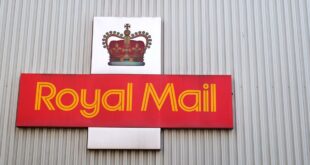The rapid development of EV charging infrastructure is expensive and time-consuming. There are some solutions to ease the burden on commercial EV fleet operators and on grid operators.
The UK Association of Fleet Professionals (AFP) is currently exploring ways that its members such as DPD and Royal Mail can share the EV charging infrastructure at their depots. Reciprocal arrangements where operators can use each other’s charge points can help improve productivity, extend EV range, and reduce costs. However, van and truck operators can also easily monetise their chargers, according to energy storage experts, Connected Energy.
The fast electrification will cause shortage of power at certain times when production from renewable energy sources cannot be ramped up fast enough. Therefore, the grid must be balanced. EV charging infrastructure is a rapid method to increase or decrease the load on the grid or to keep up the right frequency of the AC network.
EV chargers add significant load to the grid – and this will grow as more high-capacity chargers are deployed to service trucks and buses, or to rapid charge cars and vans. However, by pairing these chargers with a battery energy storage system (BESS), fleets can still charge their EVs while also reducing the amount of grid energy they consume during peak periods.
“This could be a real game-changer for fleets,” said Nigel Dent, head of sales at leading BESS provider Connected Energy. “The modelling we’ve already seen for truck depots and HGV service centres indicates that commercial fleet operators and truck dealership companies could earn up to £15,000 a year by using a battery energy storage system (BESS) to participate in demand flexibility service (DFS) and other schemes. They can transform this from a necessary expense into a return on investment.”
Source link



